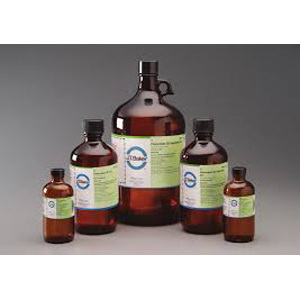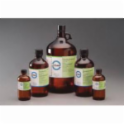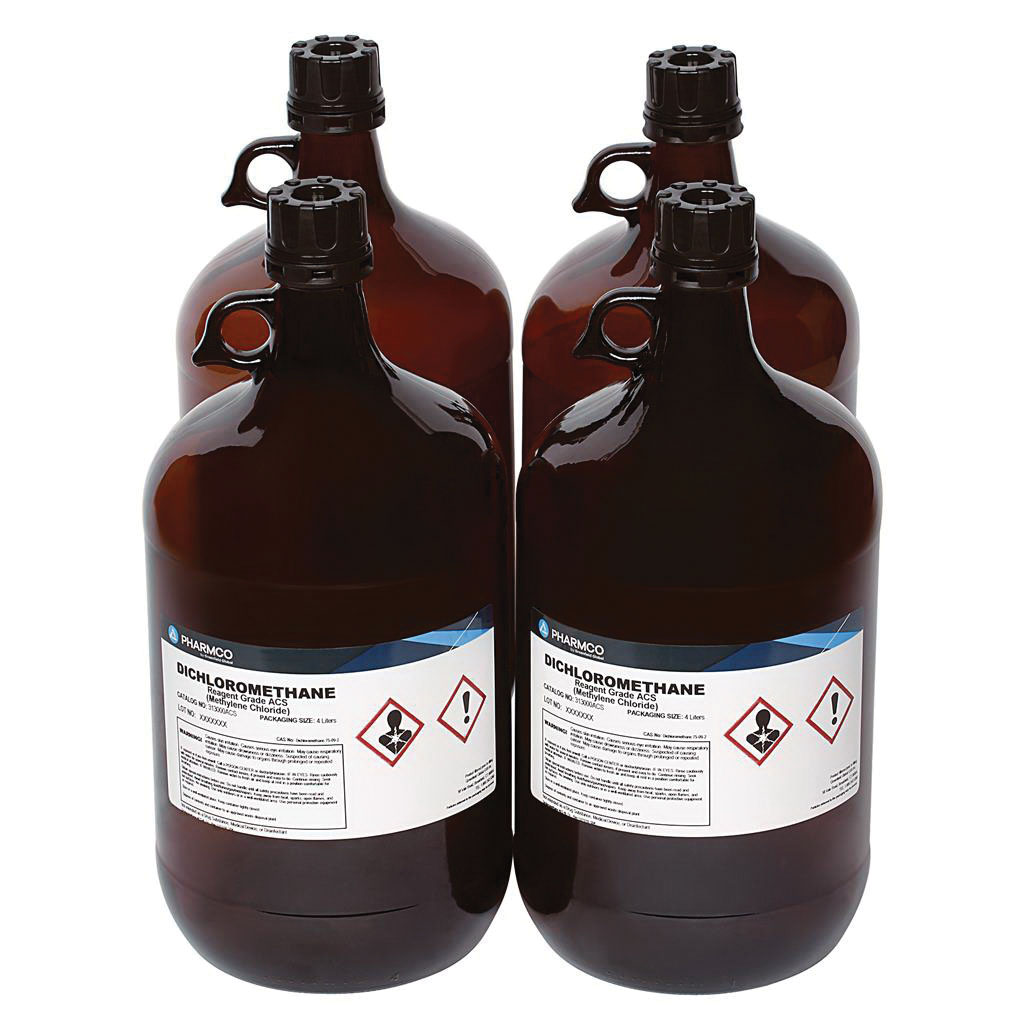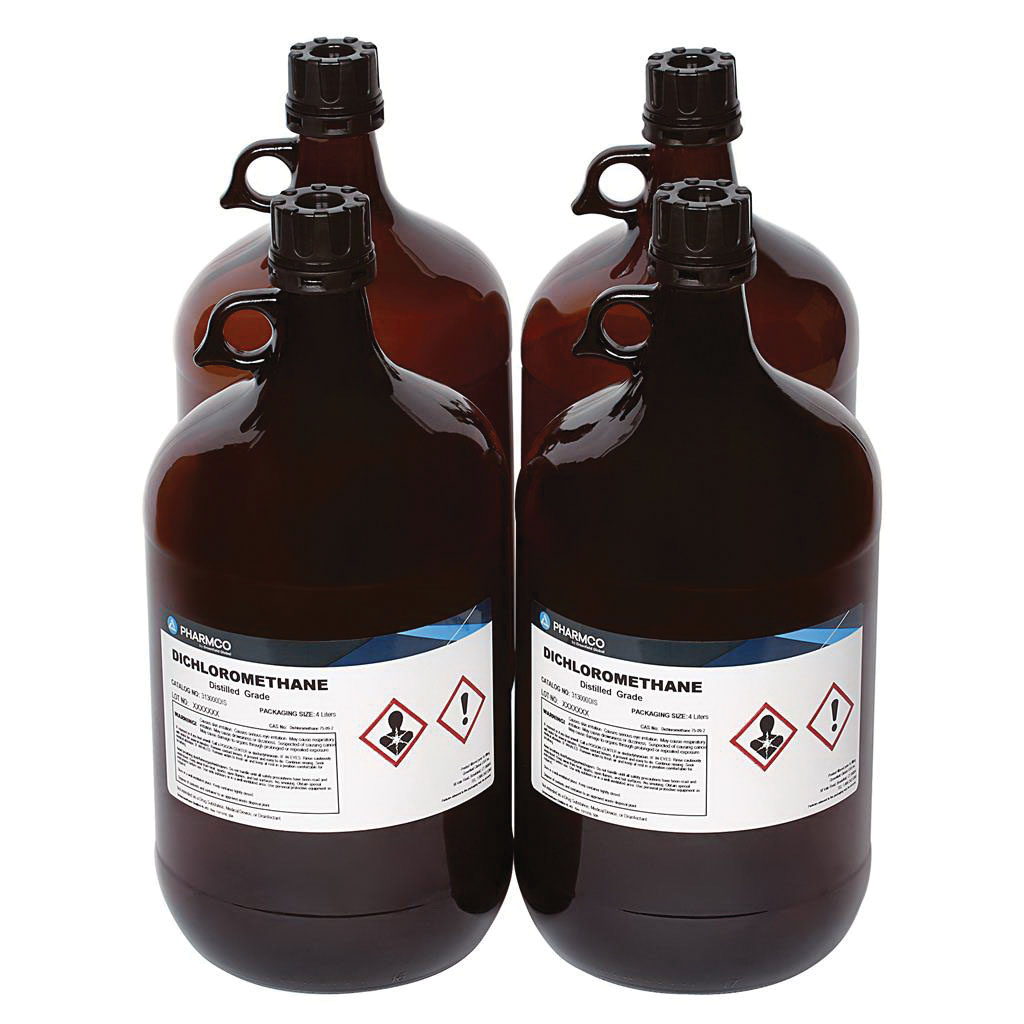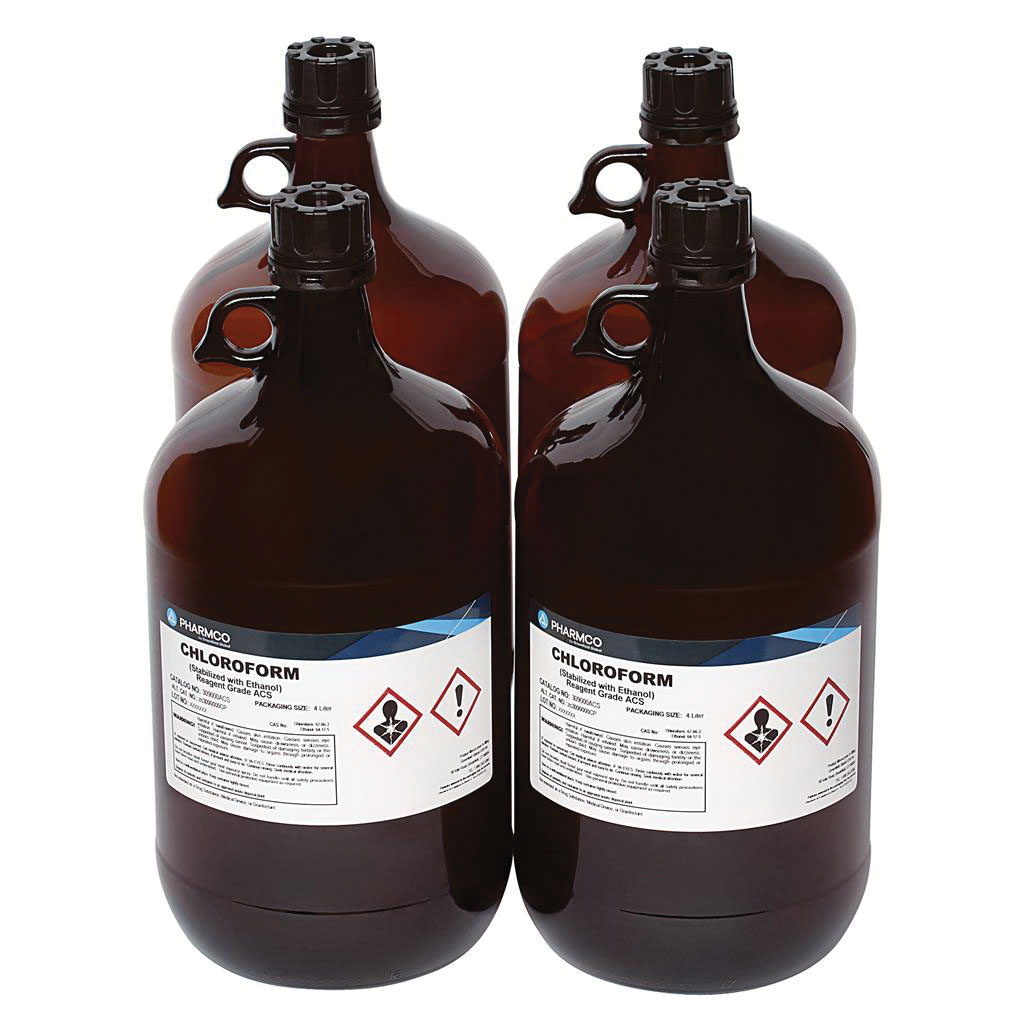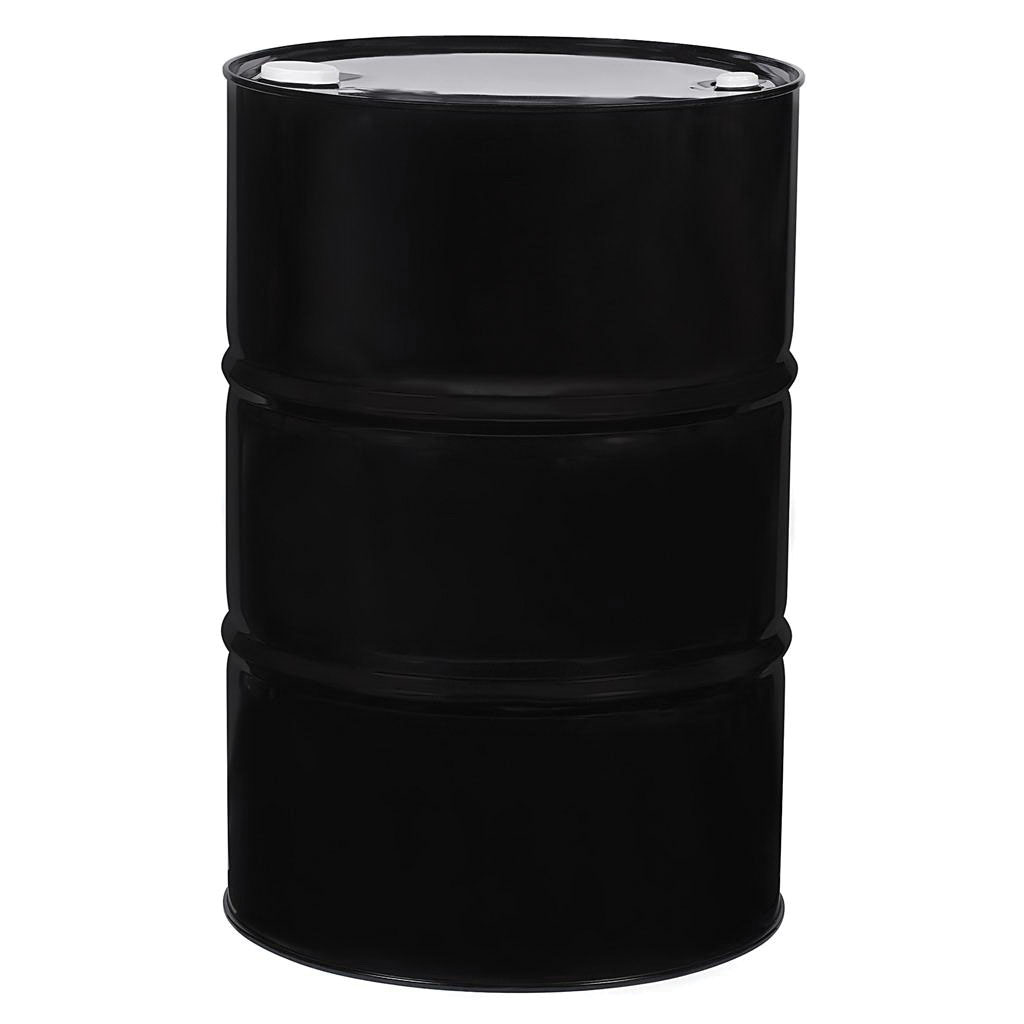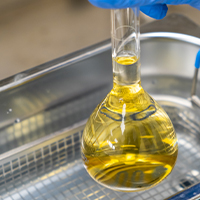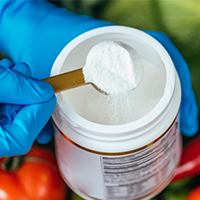Halogenated solvents in ASTM testing
Our reliable supply of high-quality solvents ensures that your lab operations remain efficient, accurate, and
compliant with industry standards.
ASTM D2176 - Folding Endurance of Paper
Trichloroethylene is used to prepare paper samples by removing contaminants, ensuring accurate folding
endurance tests.
ASTM D445 - Kinematic Viscosity of Transparent and Opaque Liquids
Dichloromethane (DCM) and trichloroethylene help in cleaning and preparing viscometers used in this test,
ensuring precision and repeatability.
ASTM D1193 - Specification for Reagent Water
Chloroform is employed in the purification and preparation of reagent water, which is critical for
maintaining consistency in various ASTM tests.
Halogenated solvents in petroleum, pharmaceutical, and
wastewater testing applications
Halogenated solvents are indispensable in extraction, synthesis, and conducting
various industry-standard tests.
Solvent extraction
Petroleum testing: Dichloromethane (DCM) is extensively used for solvent extraction in ASTM
testing procedures for petroleum products. Its effectiveness in dissolving a wide range of
substances ensures precise analysis and accurate results.
Wastewater analysis: Chloroform is commonly used to extract organic pollutants from water
samples. This halogenated solvent complies with EPA regulations and ensuring environmental
safety.
Chemical synthesis
Pharmaceuticals: Dichloromethane (DCM) is vital in the synthesis of active pharmaceutical
ingredients (APIs). Its unique properties, such as low boiling point and high solvency, enable
precise control over reaction conditions, leading to high-purity products.
Organic synthesis: Chloroform and carbon tetrachloride are essential in various organic
reactions, including halogenation and oxidation. These solvents provide the necessary
environment for successful chemical transformations, ensuring consistent and reliable outcomes.
Pharmaceutical manufacturing
Formulation and purification: Halogenated solvents like dichloromethane (DCM) and chloroform are
used in the formulation of pharmaceuticals, aiding in the dissolution and uniform mixing of
active ingredients. They are also employed in purification processes to isolate desired
compounds from reaction mixtures, ensuring product efficacy and stability.
Pesticide formulation
Active ingredient extraction: Chlorinated solvents such as carbon tetrachloride and
trichloroethylene are used in the production of pesticides. These solvents effectively extract
and purify active ingredients, ensuring their potency and stability.
Handling and disposal of DCD and chloroform
Many halogenated solvents like dichloromethane (DCM) and chloroform are
considered hazardous and can be harmful to the environment.
By adhering to proper handling and disposal practices, laboratories and
industries can manage halogenated solvents safely and responsibly, minimizing environmental impact and
ensuring regulatory compliance.
Safe handling practices
- Personal protective equipment (PPE)
Always wear appropriate PPE, including gloves, safety
goggles, and protective clothing, to protect against exposure to halogenated solvents. In some
cases, a respirator may be necessary if there is a risk of inhaling solvent vapors.
- Ventilation
Use halogenated solvents in well-ventilated areas or under a fume
hood to prevent the buildup of harmful vapors. Proper ventilation reduces the risk
of inhalation exposure and accumulation of flammable vapors.
- Storage
Store halogenated solvents in tightly sealed containers made of compatible materials.
Containers should be clearly labeled and kept in a cool, dry, and well-ventilated area, away
from sources of ignition and incompatible substances.
- Handling techniques
Avoid skin contact and inhalation by using appropriate tools such as pipettes, funnels, and
dispensing systems. Always handle solvents with care to prevent spills and splashes.
- Emergency procedures
Be familiar with emergency procedures, including spill response and first aid measures . Ensure that safety
data sheets (SDS) are readily accessible and that spill kits are available in case of accidental
release.

Contact us for more information or to place an
order for PPE and liquid handling equipment.
Disposal methods
Neutralization
Some halogenated solvents can be neutralized through chemical
reactions to render them less hazardous. This method should be performed by trained personnel using
appropriate procedures.
Incineration
High-temperature incineration is an effective method for disposing
of halogenated solvents. This process breaks down the solvents into less harmful compounds. It must
be conducted in facilities equipped to handle hazardous waste.
Recycling and recovery
Many halogenated solvents can be recycled or purified for reuse.
Solvent recovery systems can distill and purify used solvents, reducing waste and lowering disposal
costs.
Specialized waste disposal services
Engage certified hazardous waste disposal companies that specialize
in the safe handling and disposal of halogenated solvents. These services ensure that waste is
treated and disposed of in compliance with regulations.
SECO supports these efforts by providing high-quality solvents, expert guidance, and reliable supply chain
solutions.
Contact us for more information or to place an
order for PPE and liquid handling equipment.
Why order halogenated solvents from SECO?
✓Fast shipping
At SECO, we prioritize fast and reliable shipping. Our Pennsylvania warehouse ensures that all in-stock items
are shipped promptly, often within 1-2 days. This means you receive your solvents quickly, minimizing
downtime and ensuring your lab operations run smoothly.
✓Large inventory
We maintain a large offline inventory of halogenated solvents, which allows us to meet immediate demands and
provide a variety of options to suit your specific needs. Whether you need economic options, amber, or clear
borosilicate glass tubes, we have the right products in stock.
✓Customer support
Our dedicated customer support team is here to assist you with selecting the right solvents and addressing
any queries you may have. Contact us for more information or to place
an order.



